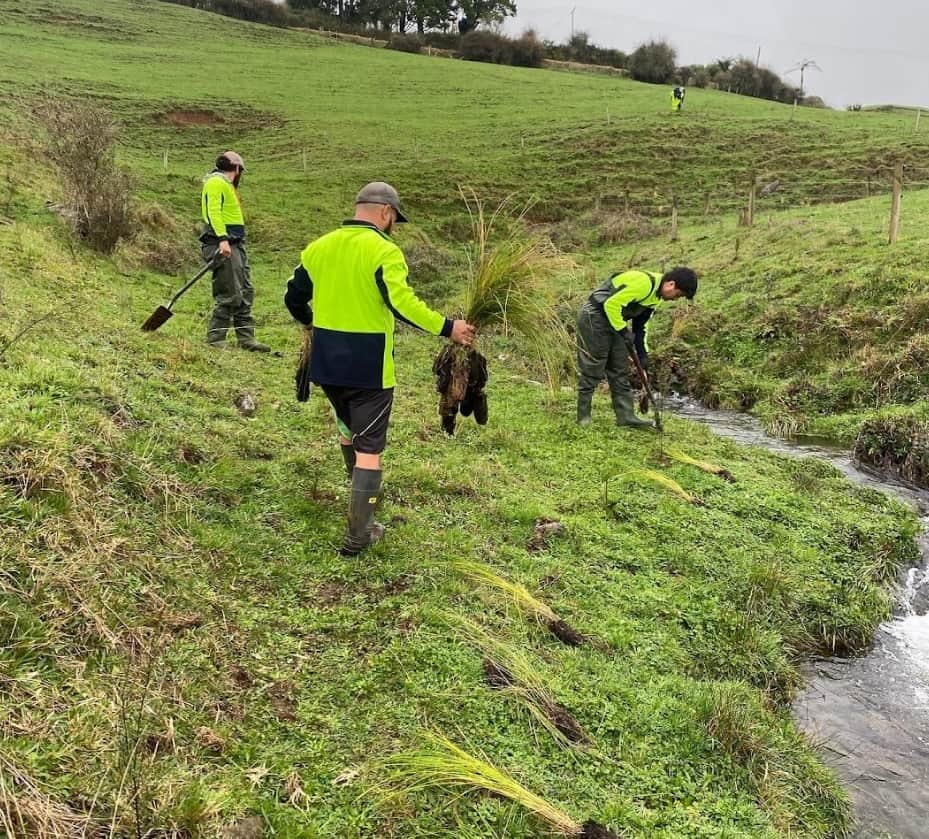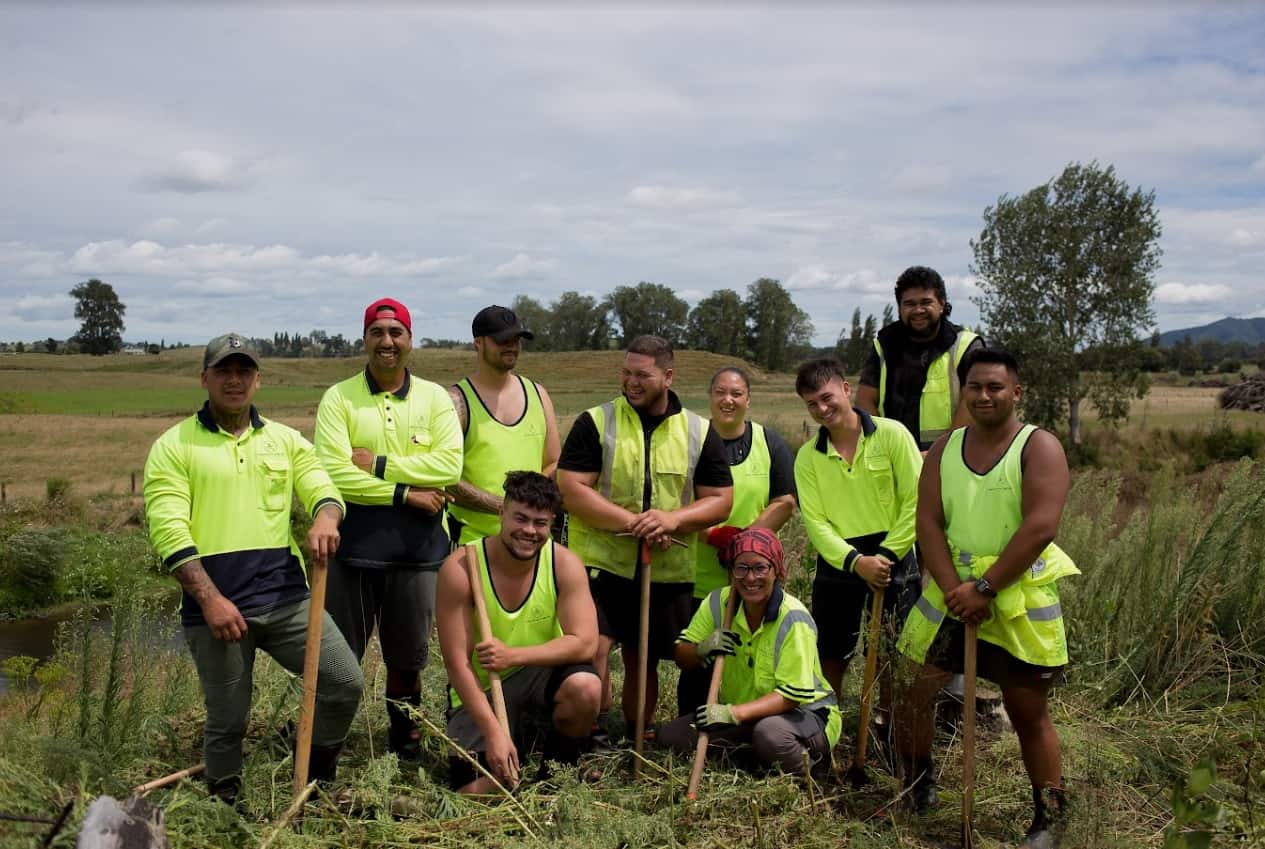
The research report “He Oranga Wai, He Oranga Whakapapa” explores the unique governance processes and practices within Pūniu River Care that allow them to achieve positive outcomes that other non-Māori organisations may not.
Some of these outcomes include: meaningful and reciprocal employment, cultural growth and well-being and the building of strong relationships to community and environment. Over 90% of research participants indicated that their work with Pūniu River Care was culturally fulfilling and contributing to their cultural confidence.
Lead researcher Awanui Te Huia notes that “the focus on decolonial governance that Pūniu River Care has developed is particularly important for the success and longevity of their work” and this includes the pivotal role of marae, pou tikanga, te reo and tikanga Māori in Pūniu River Care’s governance.
“The whole kaupapa is based on the tikanga side of things. So, without that we don’t have a kaupapa . . . I think it would be difficult to actually do this away from a marae. I really do. I don’t think it would capture the same value or essence of tikanga,” says Mangatoatoa marae manager Derek Roberts.
Pūniu River Care’s governance model recognises that when mana whenua communities and places are supported and centred as kaitiaki there are wide ranging benefits. However, as the report identifies, ensuring continued funding and support for iwi and mana whenua groups to engage and lead strategic kaitiakitanga practices remains crucial.
This research was jointly funded by BioHeritage National Science Challenge and Office of the Deputy Vice Chancellor Māori of Te Herenga Waka – Victoria University of Wellington, through the provision of a Mātauranga Grant.
– Ellie Tapsell
